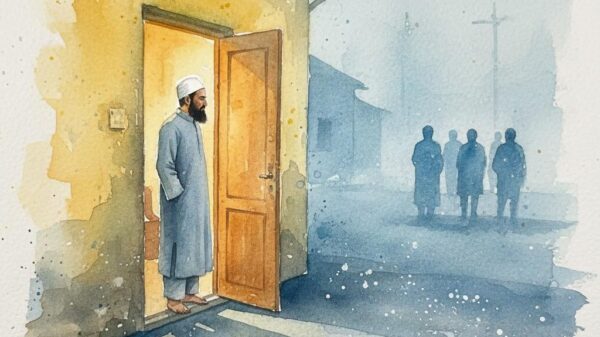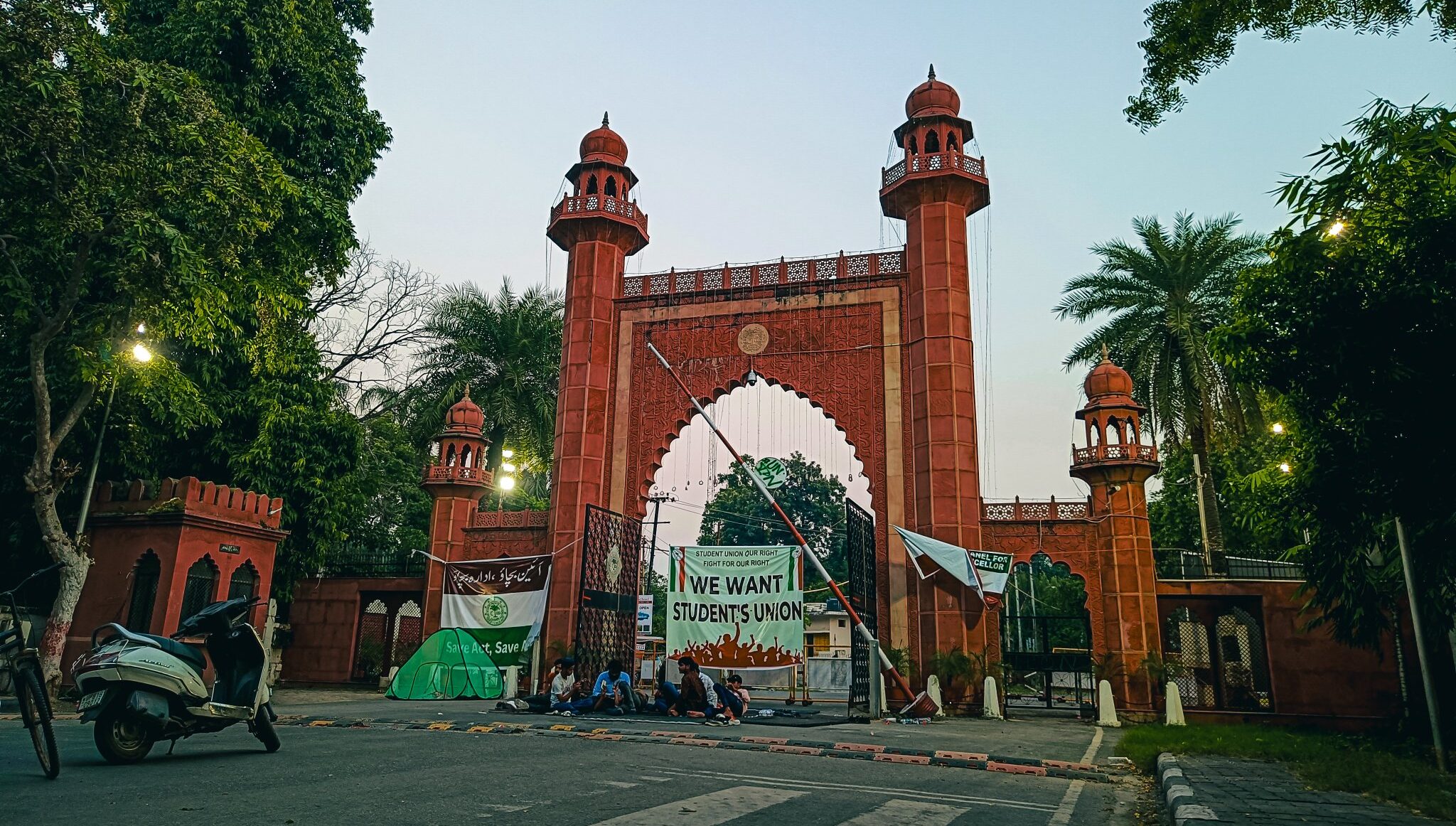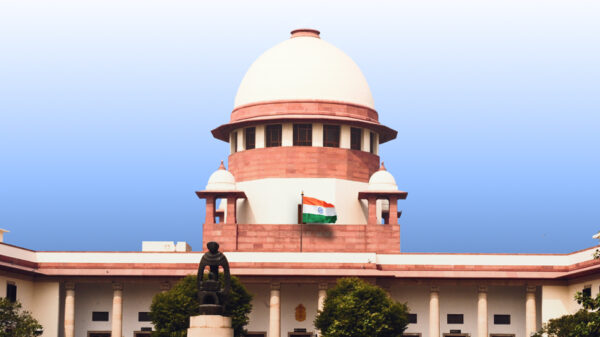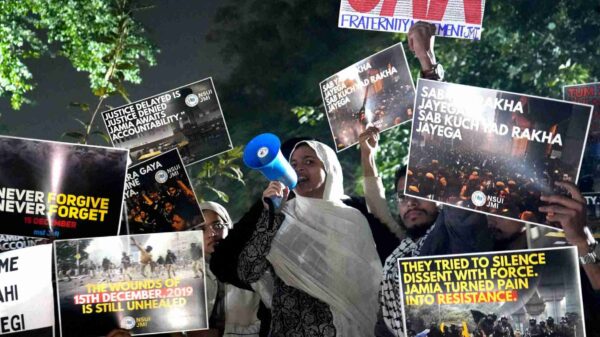The Supreme Court of India, by a 4:3 majority, overruled the 1967 judgment in S. Azeez Basha vs. Union of India, which had held that institutions established by a statute cannot claim minority status.
Chief Justice D.Y. Chandrachud, while delivering the verdict, observed, “The onus to prove that an educational institution was established by the minority is on the claimants. The view taken in Azeez Basha is overruled. The question whether AMU is a minority educational institution shall be decided by the principles laid down in this judgment.”
The court directed that the present cases related to the Aligarh Muslim University (AMU) be placed before a regular bench after receiving instructions from the Chief Justice on the administrative side.
However, Justices Surya Kant, Dipankar Datta, and S.C. Sharma dissented, offering separate opinions.
The Chief Justice highlighted the importance of Article 30 of the Constitution, which guarantees the right of minorities to establish and administer educational institutions without discrimination.
He said, “Article 30 shall stand diluted if it is only to apply to institutions established after the commencement of the Constitution. Any law enacted by the imperial legislature which discriminates against linguistic and religious minorities in the establishment and administration of educational institutions would be void.”
In its majority opinion, the court said that determining the minority status of an institution requires looking into its origins. “To determine who established the institution, the courts must consider the genesis of the institution and identify who was behind its administration,” the judgment stated.
The case revolves around AMU’s claim for minority status under Article 30, which allows minorities to run their own educational institutions. In 2005, AMU had reserved 50% of seats in postgraduate medical courses for Muslim candidates, claiming to be a minority institution. However, this was challenged and overturned by the Allahabad High Court. The government later withdrew its appeal against the high court’s order in 2016, stating that it did not recognize AMU’s minority status.
The decision comes after a seven-judge bench of the Supreme Court heard the case in January 2024. The central government had earlier argued that AMU’s status should not be considered as a minority institution, claiming it was contrary to public interest and the policy of reservation for marginalized sections.
This ruling has sparked intense debate over the status of educational institutions established by a statute and their rights under the Constitution. The final decision on AMU’s minority status will now be decided based on the new principles set by the Supreme Court.
Watch the full video of the judgement here.



































































